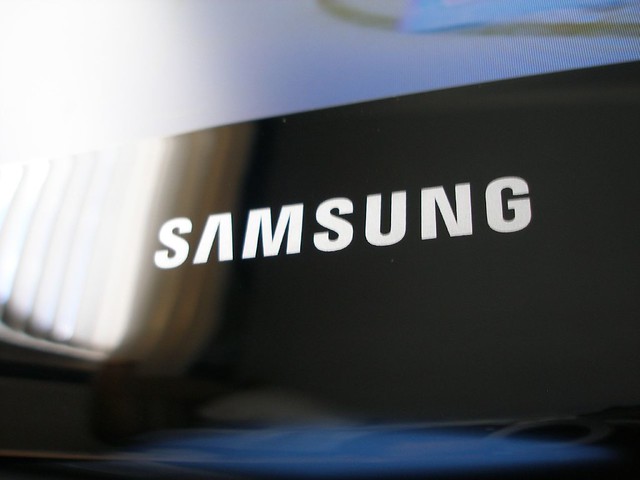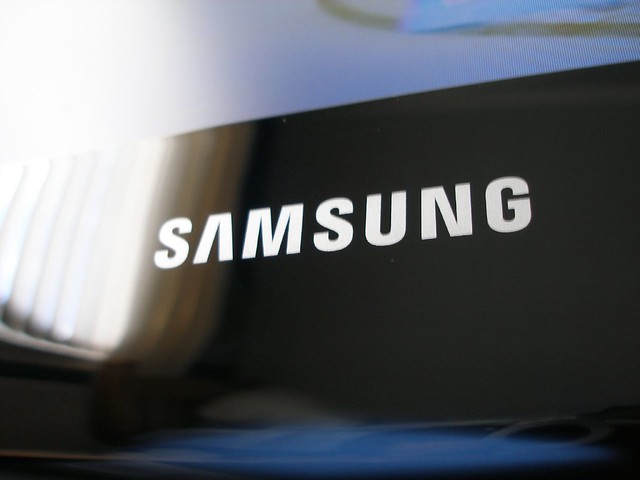
Jamie McCall via flickr
Samsung Electronics has agreed to ship Intel central processing units for computers to help solve the shortage. Earlier, Intel faced technological problems. Trying to master the standards of 10 nm, the manufacturer was unable to establish serial production of processors using new technology. At the same time, there was a shortage of 14-nanometer processors, demand for which Intel has been unsuccessfully trying to satisfy since the end of 2018. Judging by the recent apology to customers for the delay in deliveries, the problem has not yet been resolved.
According to industry sources, Intel had to turn to a contract manufacturer. The obvious choice in favor of the largest manufacturer - TSMC - had to be excluded, since TSMC manufactures products for AMD, competing with Intel.
In turn, Samsung is one of the few contract manufacturers that is able meet Intel's demand for 14-nanometer chips. Intel did not specify the release schedule for the new orders. According to some reports, Samsung will produce Intel Rocket Lake processors, which will be presented in 2021.
This is the first time that Intel orders release of its processors from another company. Other industry leaders such as IBM, Nvidia and Qualcomm are among Samsung customers, but, unlike Intel, they do not have their own production facilities.
source: theinvestor.co.kr
According to industry sources, Intel had to turn to a contract manufacturer. The obvious choice in favor of the largest manufacturer - TSMC - had to be excluded, since TSMC manufactures products for AMD, competing with Intel.
In turn, Samsung is one of the few contract manufacturers that is able meet Intel's demand for 14-nanometer chips. Intel did not specify the release schedule for the new orders. According to some reports, Samsung will produce Intel Rocket Lake processors, which will be presented in 2021.
This is the first time that Intel orders release of its processors from another company. Other industry leaders such as IBM, Nvidia and Qualcomm are among Samsung customers, but, unlike Intel, they do not have their own production facilities.
source: theinvestor.co.kr


















